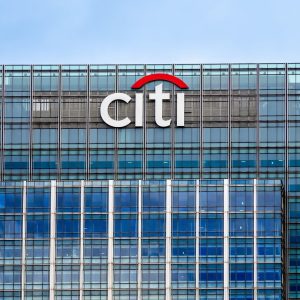Both banks were trying to gather required funds prior to their planned merger, but failing to attract private investment has led to a state bailout plan.
In a statement, Eurobank said that the merger is frozen until both banks will be independently recapitalized in full, following fears that the combined entity will be too big to be rescued.
A state bank support fund, the Hellenic Financial Stability Fund (HFSF), has already disbursed the necessary funds, thereby safeguarding the stability of the banking system and fully securing all its deposits.
According to the integration pact, which was originally inked on 19 March, NBG was supposed to absorb Eurobank and its assets and liabilities effective from 31 December 2012.
NBG purchased 84.3% stake in Eurobank through a share swap in February, to absorb it to deal with fallout from Greece’s debt crisis and deep recession.
In order to raise their solvency ratios to levels set by the central bank, both lenders are required to inject €15.6bn ($20.3bn) in fresh capital after sustaining huge losses from sovereign debt writedowns and impaired loans.
Eurozone and the International Monetary Fund have agreed to offer €173bn bailout package to Greece, out of which €50bn has been kept aside to recapitalize four big banks including NBG, Eurobank, Alpha Bank AS and Piraeus Bank and closing various smaller banks.






